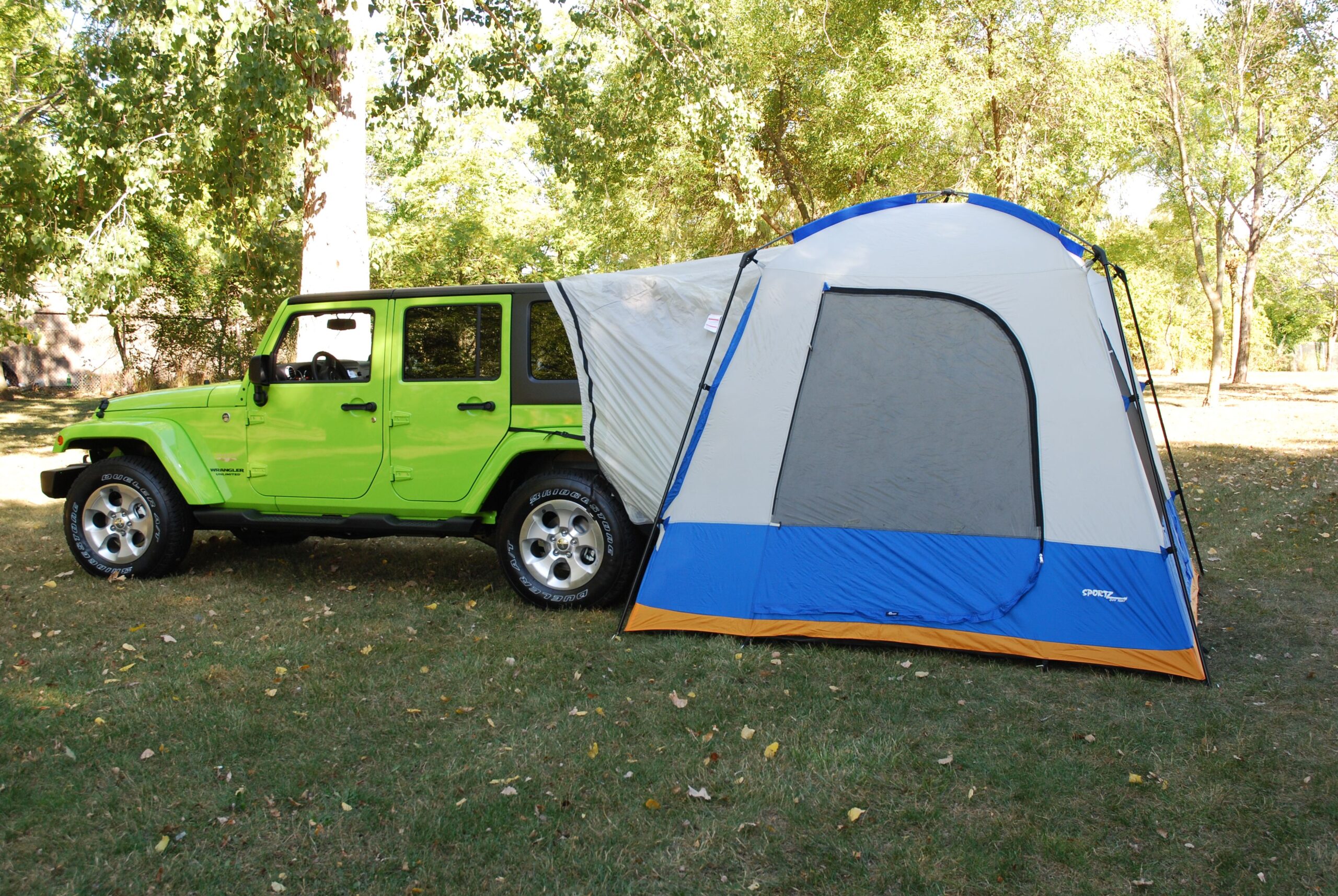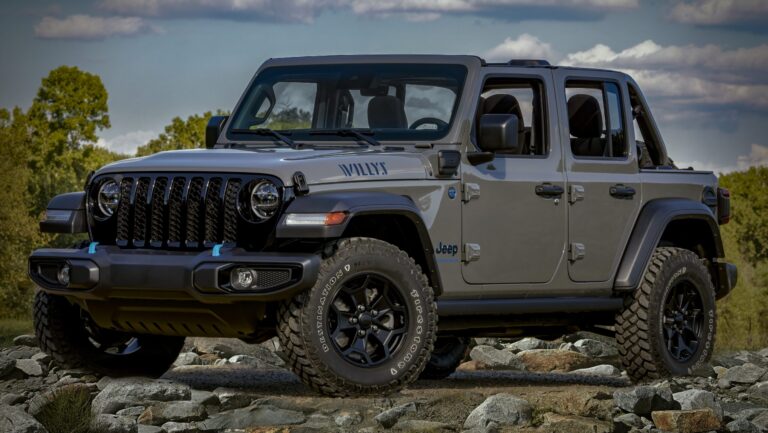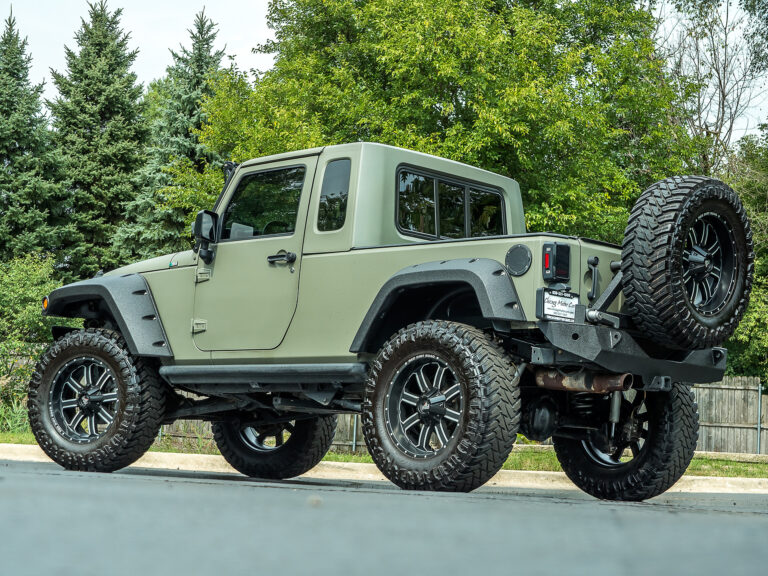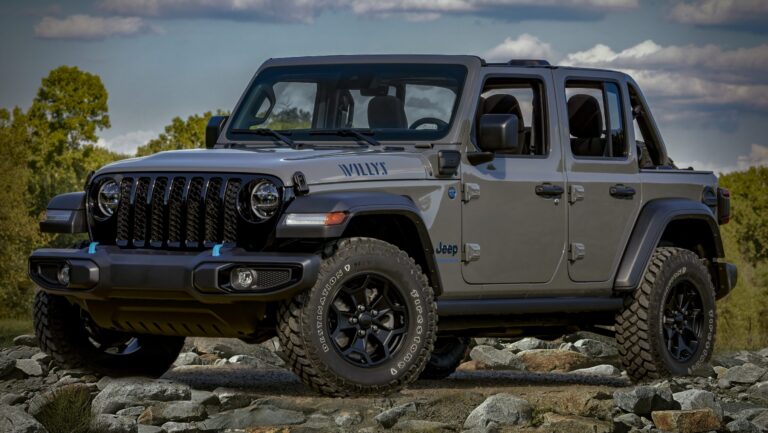Jeep Tents For Sale: Your Ultimate Guide to Overland Adventure
Jeep Tents For Sale: Your Ultimate Guide to Overland Adventure jeeps.truckstrend.com
The open road calls, and for Jeep enthusiasts, that call often leads to rugged trails, breathtaking vistas, and the desire to truly immerse oneself in the great outdoors. While traditional camping certainly has its charm, the advent of "Jeep tents" has revolutionized how many adventurers experience the wilderness. More than just a shelter, a Jeep tent transforms your capable off-road vehicle into a mobile basecamp, offering unparalleled convenience, comfort, and a direct connection to nature. This comprehensive guide will explore everything you need to know about Jeep tents for sale, helping you navigate the options and choose the perfect setup for your next epic journey.
Why Choose a Jeep Tent? The Allure of Overland Camping
Jeep Tents For Sale: Your Ultimate Guide to Overland Adventure
At its core, a Jeep tent is a shelter designed to integrate seamlessly with your Jeep vehicle, enhancing the overall outdoor experience. Unlike traditional ground tents that require a separate footprint and setup, Jeep tents leverage the vehicle itself for support, stability, or as an integrated component of the sleeping quarters. This synergy unlocks a host of benefits that appeal to both seasoned overlanders and weekend warriors alike.
The primary allure lies in convenience and mobility. Imagine arriving at a stunning campsite, and within minutes, having a comfortable, elevated sleeping space ready. Jeep tents eliminate the need to search for level ground free of rocks or mud, offering a clean, often more secure, sleeping platform. They are a cornerstone of the burgeoning "overlanding" movement, where the journey is as important as the destination, and self-sufficiency is key. For Jeep owners, who already possess a vehicle built for adventure, adding a tent is a natural progression, transforming their rig into a true go-anywhere, stay-anywhere machine. The ability to quickly pack up and move to the next scenic spot, without disassembling an entire camp, is a game-changer for those who crave exploration.
Types of Jeep Tents For Sale: Finding Your Perfect Match
The term "Jeep tent" encompasses a variety of designs, each with its own advantages and ideal use cases. Understanding these categories is crucial when exploring Jeep tents for sale.
1. Rooftop Tents (RTTs)
Rooftop tents are arguably the most iconic type of Jeep tent. These hard-shell or soft-shell units mount directly onto your Jeep’s roof rack.
- Hard Shell RTTs: Typically pop-up or clamshell designs, hard shells are incredibly quick to deploy (often under a minute). They offer excellent insulation, aerodynamics, and durability. Their robust construction protects the tent fabric when closed, making them ideal for all-weather conditions and frequent travel.
- Soft Shell RTTs: These unfold from a PVC cover, often extending over the side or rear of the vehicle. While slightly longer to set up than hard shells, they tend to be more spacious, offer larger windows for ventilation, and are generally more affordable.

Pros of RTTs: Elevated sleeping (away from critters, mud, and uneven ground), quick setup/takedown, excellent views, often more comfortable mattresses than traditional tents, frees up interior vehicle space.
Cons of RTTs: Higher initial cost, adds weight and changes the vehicle’s center of gravity (impacting fuel economy and off-road stability), requires a robust roof rack, can be cumbersome to remove when not in use, vehicle height increases (watch out for low clearances).
2. Ground Tents (SUV/Hatchback Tents)

These tents are designed to attach directly to the rear of your Jeep (typically a Wrangler, Cherokee, or Grand Cherokee with a rear hatch or tailgate), creating an integrated living space. The tent effectively extends your vehicle’s cargo area, providing seamless access to your gear and a sheltered entry point. Some models are "sleeve" style, fully enclosing the rear of the vehicle, while others are larger, freestanding units that use the vehicle as an additional room.
Pros of Ground Tents: More spacious living areas, ability to detach the tent and drive away (leaving your camp set up), generally more affordable than RTTs, no impact on vehicle’s center of gravity or fuel economy.
Cons of Ground Tents: Still requires finding level ground, susceptible to ground-level elements (mud, water, bugs), takes longer to set up than most RTTs, may not be compatible with all Jeep models (check tailgate/hatch dimensions).
3. Awning Tents & Room Add-ons
While not standalone sleeping tents, awning tents and room add-ons are popular accessories for Jeep owners. An awning provides instant shade and shelter, mounting to the side or rear of your roof rack. Many awnings offer optional "room" attachments that enclose the area beneath the awning, creating a sheltered space for changing, cooking, or even sleeping in a pinch.

Pros of Awning Tents: Quick shade/shelter, versatile for day use, compact when stored, relatively affordable.
Cons of Awning Tents: Not designed for primary sleeping (unless with an add-on), offers less protection than a full tent, often requires separate poles and guy lines.
Key Considerations When Buying a Jeep Tent
When browsing Jeep tents for sale, a thoughtful approach will ensure you make the best investment for your adventures.
- Vehicle Compatibility: This is paramount. Ensure the tent (especially RTTs) is compatible with your specific Jeep model (Wrangler JK/JL, Gladiator, Grand Cherokee, Cherokee, Renegade) and that your vehicle’s roof rack has the static and dynamic weight capacity to support an RTT and its occupants. For ground tents, confirm the dimensions of your tailgate/hatch.
- Size & Capacity: How many people will be sleeping in the tent? Do you need space for gear? RTTs typically sleep 2-4 people, while ground tents can often accommodate more due to their larger footprint.
- Material & Durability: Look for robust, waterproof materials like ripstop polyester or canvas with high denier ratings. Check the quality of zippers, seams (taped for waterproofing), and pole construction (aluminum is common for RTTs, fiberglass for ground tents).
- Ease of Setup/Takedown: Hard-shell RTTs are the quickest. Soft-shell RTTs and ground tents take a bit longer. Practice setting up your chosen tent before your trip.
- Weather Resistance: Consider where and when you’ll be camping. Most tents are "3-season" (spring, summer, fall). If you plan winter or extreme weather camping, look for "4-season" tents with thicker fabrics, better insulation, and robust pole structures.
- Weight & Dimensions (for RTTs): Be aware of the tent’s weight, as it affects your vehicle’s payload capacity, fuel economy, and off-road dynamics. Also, consider the closed dimensions for garage clearance and trail obstacles.
- Budget: Jeep tents range widely in price, from a few hundred dollars for basic ground tents to several thousand for premium hard-shell RTTs. Set a realistic budget and prioritize features that matter most to you.
- Mattress Comfort: RTTs often come with integrated foam mattresses, which vary in thickness and comfort. Ground tents may require separate sleeping pads or air mattresses.
Where to Find Jeep Tents For Sale
The market for Jeep tents is robust, offering numerous avenues to find your ideal setup:
- Specialty Outdoor Retailers: Companies like REI, Backcountry, and dedicated overlanding gear shops often stock a selection of RTTs and ground tents from various brands.
- Direct from Manufacturers: Many reputable brands like Smittybilt, iKamper, Thule (Tepui), Roofnest, FSR (Freespirit Recreation), and Napier (for ground tents) sell directly from their websites.
- Online Marketplaces: Amazon, eBay, and dedicated outdoor gear classifieds are good sources, but exercise caution with used items.
- Jeep Dealerships & Aftermarket Shops: Some Jeep dealerships or dedicated aftermarket accessory shops may carry or order specific models.
- Used Market: Websites like Craigslist, Facebook Marketplace, and dedicated overlanding forums can yield great deals on used tents, but always inspect the condition thoroughly before purchasing.
Installation and Setup: Getting Ready for Adventure
Once you’ve purchased your Jeep tent, proper installation and practice are key.
- Rooftop Tents: Installation typically involves bolting the tent to your roof rack crossbars. While many DIYers tackle this, it’s a two-person job due to the weight. Ensure your roof rack is rated for the static weight of the tent plus occupants. If unsure, consider professional installation at an off-road shop.
- Ground Tents: These generally involve draping a sleeve over your Jeep’s open rear hatch/tailgate and then staking out the tent body. Read instructions carefully and practice in your driveway before hitting the trail.
Regardless of the type, always do a "dry run" setup at home. This familiarizes you with the process, identifies any missing parts, and ensures a smooth, stress-free setup when you’re out in the wild.
Tips for Maintaining Your Jeep Tent
To ensure your investment lasts for many adventures, proper maintenance is crucial:
- Clean Regularly: Brush off dirt, dust, and debris after each trip. For more thorough cleaning, use mild soap and water, then rinse completely.
- Dry Thoroughly: Never pack away a wet or damp tent. This can lead to mildew, fabric degradation, and unpleasant odors. Allow it to air dry completely, even if it means setting it up in your yard for a day.
- Inspect Components: Periodically check zippers, seams, poles, and mounting hardware for wear and tear. Lubricate zippers if they stick.
- Proper Storage: Store your tent in a cool, dry place, away from direct sunlight when not in use. For RTTs, this usually means leaving them on the vehicle, but if you remove it, store it flat or on its side as recommended by the manufacturer.
Price Table: Popular Jeep Tent Options
To give you a clearer idea of what’s available when looking for Jeep tents for sale, here’s a representative price table. Prices can fluctuate based on sales, features, and specific models.
| Tent Type | Brand/Model Example | Key Features | Price Range (USD) |
|---|---|---|---|
| Rooftop Tent | Smittybilt Overlander | 2-3 person, soft shell, durable construction, includes ladder, foam mattress | $800 – $1,500 |
| Rooftop Tent | iKamper Skycamp 2.0 | 4-person, hard shell, quick setup, large sleeping footprint, excellent insulation | $3,800 – $4,500 |
| Rooftop Tent | Thule Tepui Explorer Ayer | 2-person, soft shell, all-season, high-quality materials, includes ladder | $1,400 – $1,800 |
| Ground Tent | Napier Backroadz SUV Tent | Attaches to SUV/Jeep rear, spacious, easy setup, sleeps 4-5, freestanding option | $200 – $350 |
| Ground Tent | Rightline Gear SUV Tent | Universal fit for SUVs/Jeeps, large doors, floorless design, sleeps 4 | $180 – $250 |
| Awning | ARB Touring Awning | Vehicle-mounted side awning, durable ripstop fabric, UV protected | $250 – $400 |
| Awning Tent | ARB Awning Room (add-on) | Encloses ARB awning, full insect mesh, integrated floor, adds living space | $300 – $500 |
Note: Prices are approximate and subject to change. Always check current retail listings.
Frequently Asked Questions (FAQ)
Q: Do all Jeep tents fit all Jeeps?
A: No. Compatibility varies significantly. Rooftop tents require a specific roof rack setup and consideration of your Jeep’s dynamic and static weight limits. Ground tents need to match the dimensions and design of your Jeep’s rear hatch or tailgate. Always check the manufacturer’s compatibility list for your specific Jeep model and year.
Q: Are rooftop tents safe from bears or other wildlife?
A: Being elevated offers a degree of separation from ground-dwelling critters, but no tent is bear-proof. Always follow proper food storage guidelines (bear canisters, bear bags, or storing food in your vehicle) to avoid attracting wildlife.
Q: How much do Jeep rooftop tents weigh?
A: The weight varies significantly by type and size. Soft-shell RTTs typically range from 100-150 lbs, while hard-shell RTTs can weigh 150-250 lbs or more. Always account for this weight in your Jeep’s payload capacity.
Q: Can I drive with a rooftop tent on my Jeep?
A: Yes, RTTs are designed to remain on your vehicle while driving. However, be aware that they will increase your vehicle’s height (watch out for low clearances), affect its center of gravity, and can slightly decrease fuel economy due to increased drag.
Q: Are Jeep tents difficult to set up?
A: Modern Jeep tents are designed for relatively quick setup. Hard-shell RTTs are often the fastest, deploying in under a minute. Soft-shell RTTs and ground tents take a bit longer, but generally less than traditional pole-and-sleeve ground tents. Practice makes perfect!
Q: What’s the best season for a Jeep tent?
A: Most Jeep tents are "3-season" rated, suitable for spring, summer, and fall camping. If you plan on camping in cold weather, heavy snow, or strong winds, look for a "4-season" rated tent, which will feature thicker fabrics, better insulation, and stronger frames.
Conclusion
Jeep tents for sale represent an exciting frontier in outdoor adventure, offering a blend of rugged capability and comfortable living. Whether you opt for the elevated convenience of a rooftop tent, the spacious integration of a ground tent, or the versatile utility of an awning, these shelters transform your Jeep into the ultimate adventure vehicle. By carefully considering your needs, researching compatibility, and investing in quality, you’re not just buying a tent; you’re investing in countless memories, unparalleled comfort, and the freedom to explore wherever the trail may lead. So, choose your perfect Jeep tent, hit the road, and let the adventures begin!





